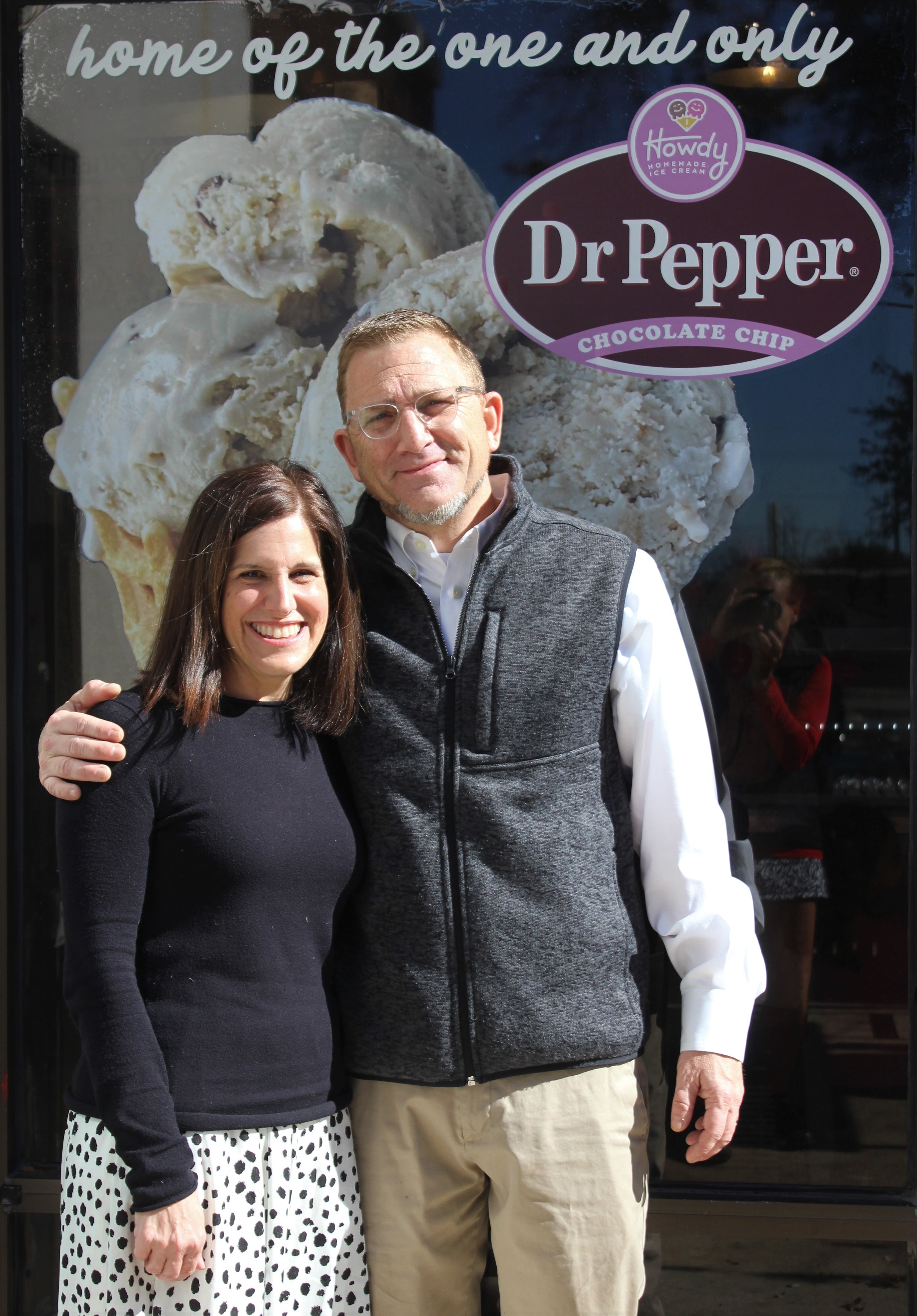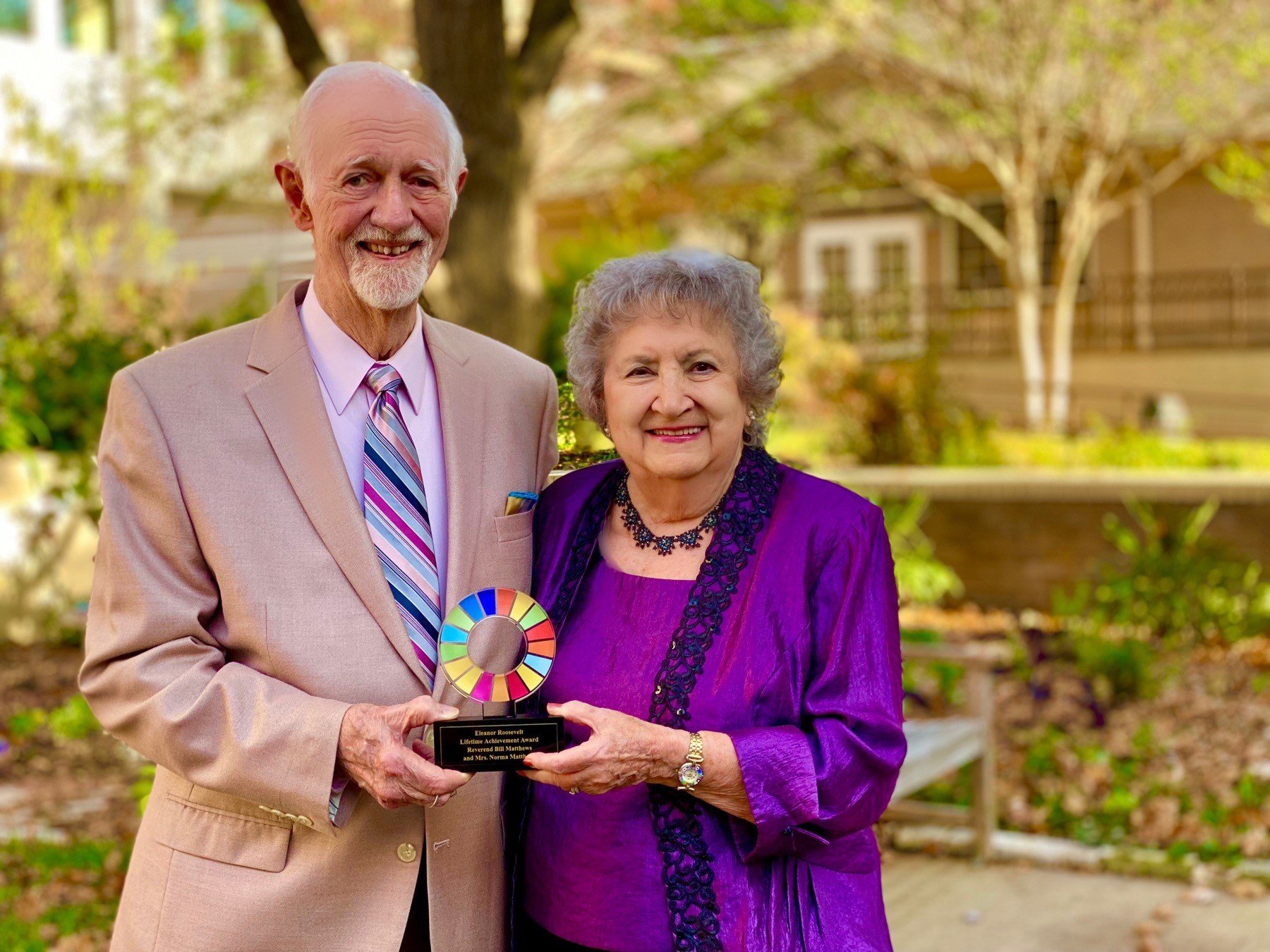Published December 3, 2020 at 11:42am
Story by Michelle Ramstead. Photos courtesy of Regional Black Contractors Association.
If ten years ago someone had asked Kimberly Shaw about her dream job, odds are she never would have said working in the construction industry, yet somehow she found her calling with the Regional Black Contractors Association (RBCA). RBCA is a 501(c)6 advocacy association dedicated to the advancement of Black contractors, as well as Black-owned businesses outside of the construction industry. Working alongside Chairman of the Board John Proctor, whom she describes as humble, courageous, and compassionate, Kimberly has worked her way up from receptionist to president in just five years. “This is truly my assignment. I work seven days a week, but it doesn’t feel like it,” she says. “I enjoy helping people grow their companies. I enjoy helping people in the community.” Together, John and Kimberly lead a team devoted to helping members of the second-chance population, as well as finding other opportunities to strengthen the Black community in Dallas.
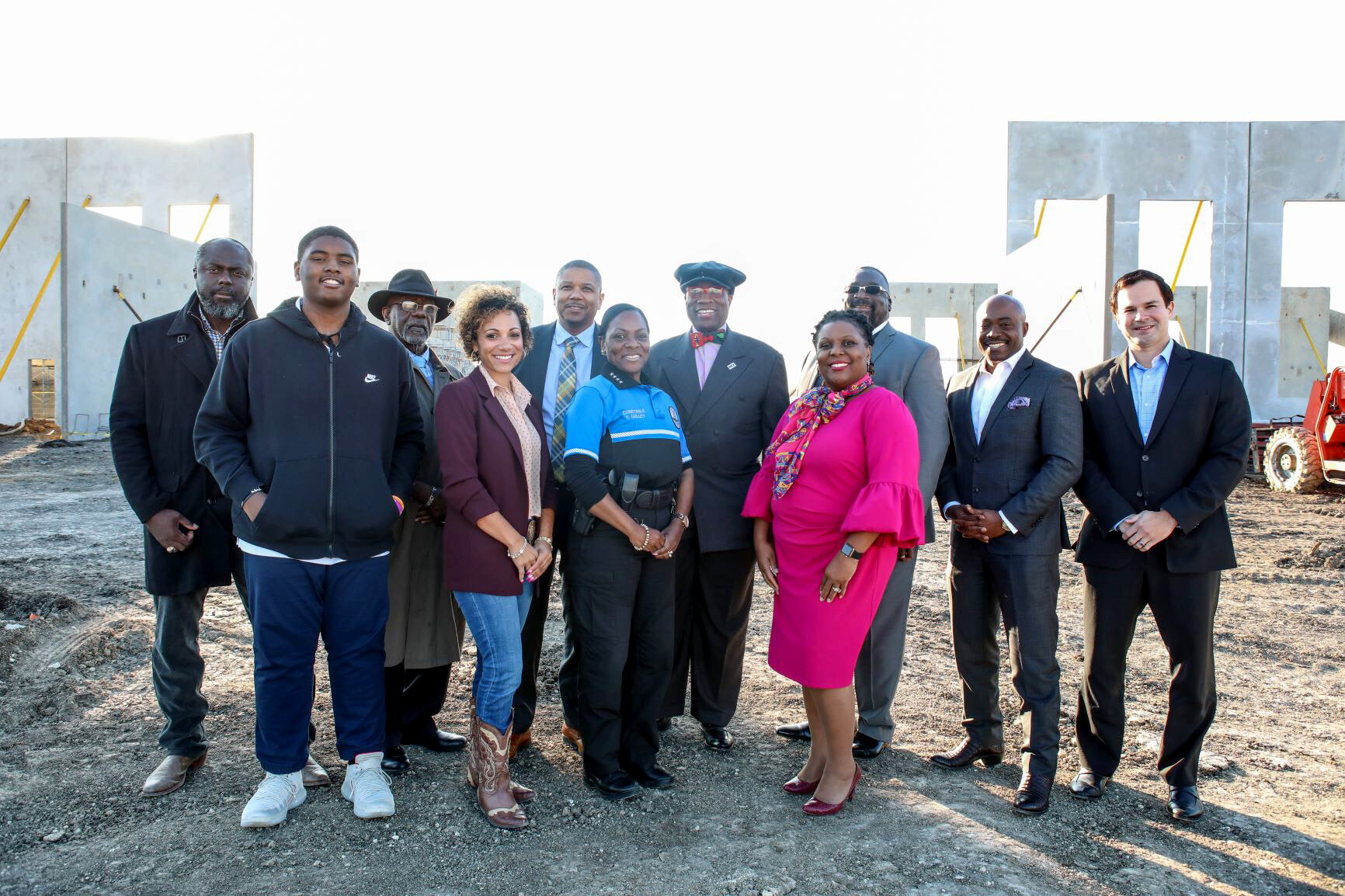
Kimberly Shaw, in cowboy boots, with the RBCA team and partners at the ground breaking of the new South Dallas County Government Center in 2019.
RBCA’s approach to advocacy emphasizes the importance of networking and relationship building. Kimberly and her team have worked hard to form strategic partnerships with community leaders, state legislators, businesses, and local government officials. These partnerships are key when it comes to advocating for Black contractors, who are severely underutilized in many regions. Some of the largest companies in the construction industry were established during the Jim Crow Era, and because many of these firms are generational, antiquated policies and procedures have remained in place, thus placing Black contractors at a disadvantage when it comes to procuring projects. By building relationships with the leaders of these firms, RBCA is able to collaborate with them to change hiring policies as well as personal perceptions, and the result is that many firms are more open to hiring Black contractors than they might have been previously.
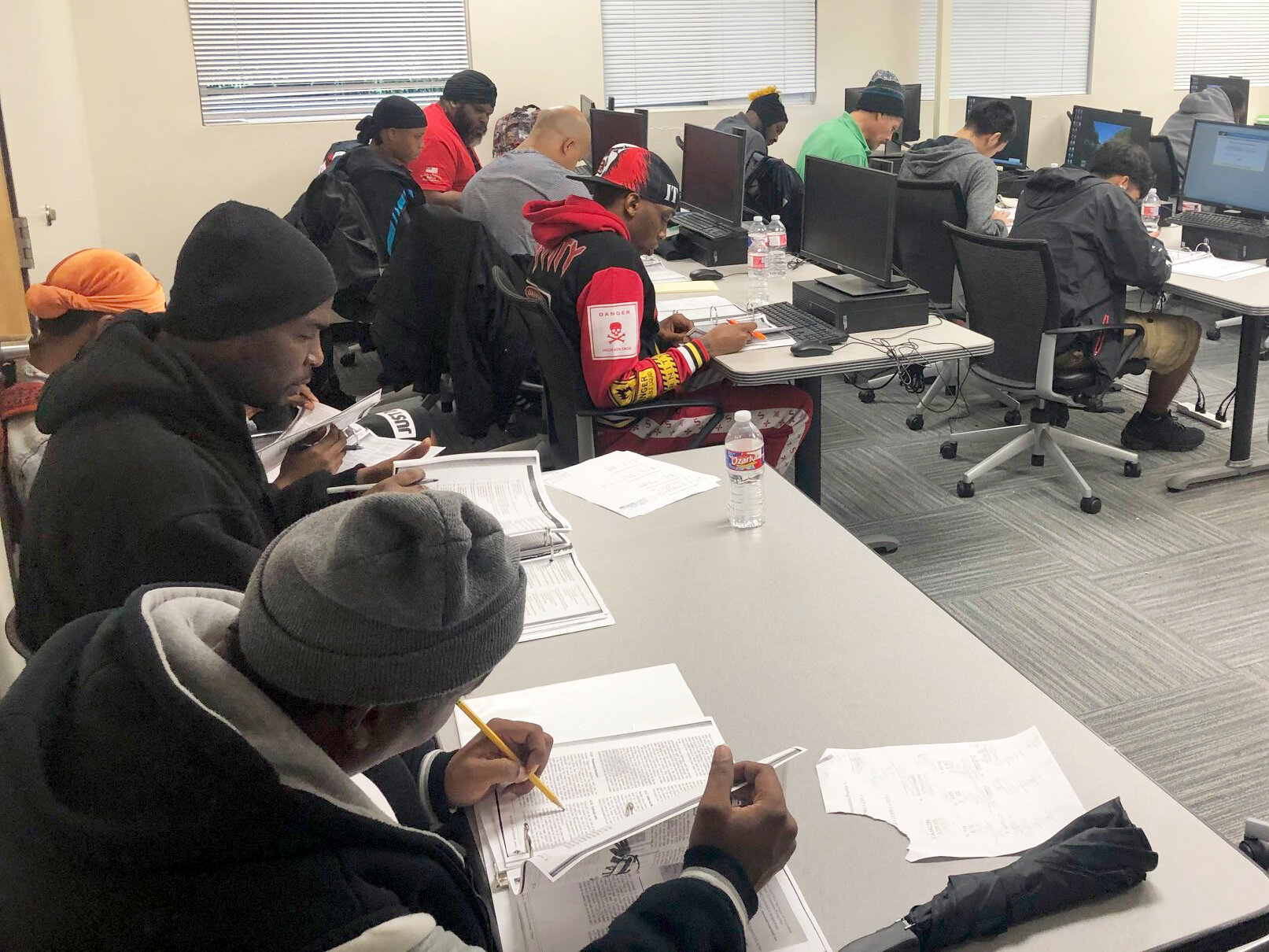
RBCA training class at Dallas College.
One of the key programs offered by RBCA is the Second Chance Hiring Program, which Kimberly describes as a “model of helping others help themselves.” The program provides educational and employment opportunities to individuals who have been incarcerated. RBCA partners with Dallas College to offer a four week training program, at the end of which graduates obtain NCCER and OSHA certifications, setting them up as competitive players in the construction industry. “We couldn’t do it without Dallas College at all, and we’re thankful that they provide the training component for this program,” Kimberly says. Once they complete their training, participants are connected with RBCA members and industry partners to interview for jobs and, in many cases, receive offers of employment. Participants are often able to earn good wages, obtain medical benefits, and provide for their families, thus reducing the cycle of recidivism, combating poverty, strengthening their family unit, and removing incentives to commit crimes.
In August of this year, the Dallas City Council voted unanimously to award RBCA with $500,000 in grant funding to expand the Second Chance Hiring Program by adding wraparound services to participants, including housing assistance, transportation, and childcare. The grant is specifically focused on individuals who have been released from prison in the past three years. Many of the participants coming into the program are experiencing homelessness, which puts them at a disadvantage when taking on a new job. The grant funding will help to ensure they have access to safe transitional housing as well as a means to get to work until they start receiving a salary and are self-supported. Kimberly expresses her heartfelt thanks to all those involved in the decision making, including State Representative Toni Rose, Casey Thomas with the Workforce Development Committee, and the Dallas City Council.
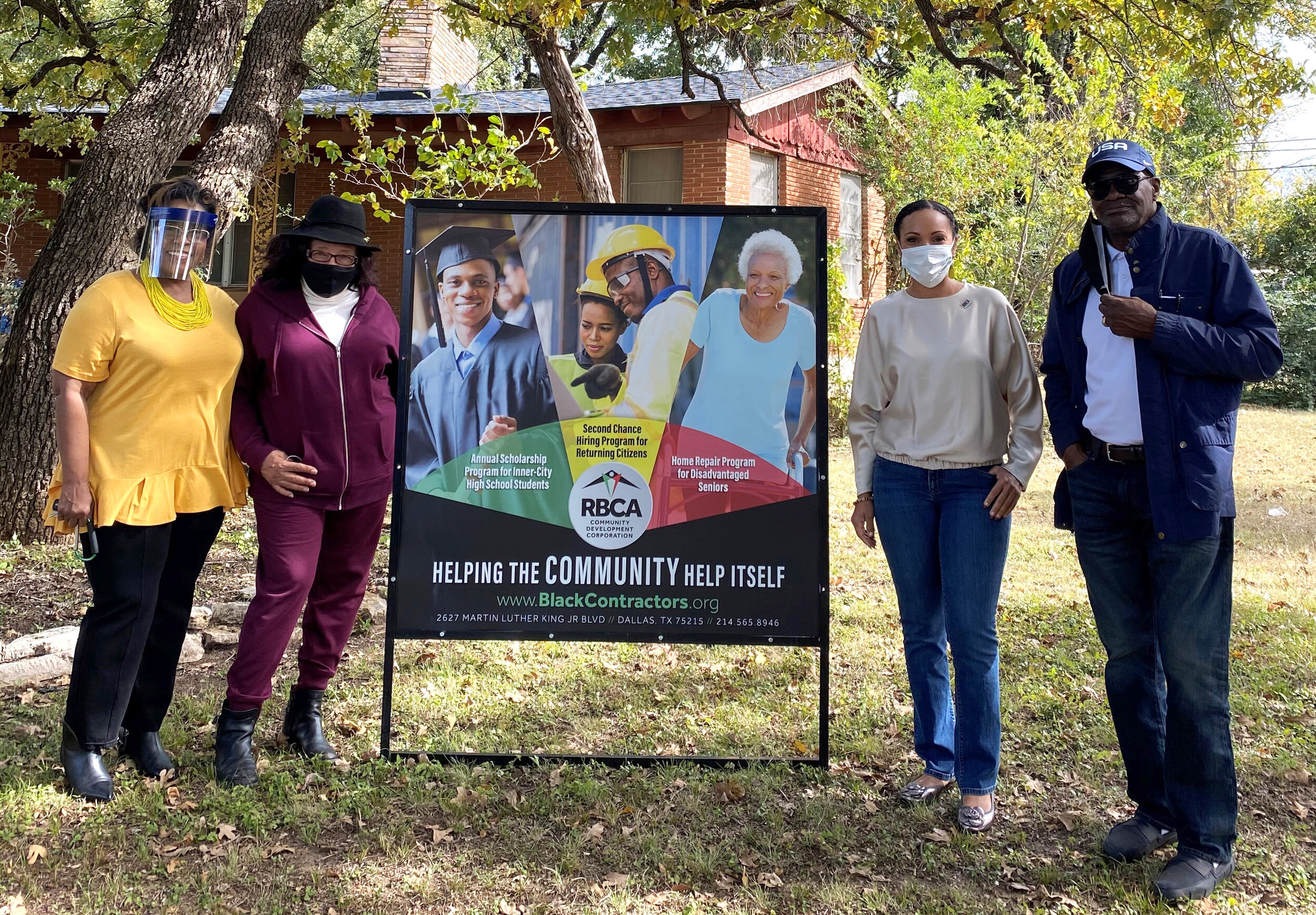
The RBCA team outside a home renovation in 2020.
Though the pandemic has presented challenges for private construction, many public infrastructure projects are still in progress. That means that relationships between RBCA and public agencies are more important than ever. In the past, participants in the Second Chance Hiring Program have gone on to complete major projects at the city and county level, and one was even hired as the superintendent of the Dallas County Elections Building, an $18 million project. These success stories highlight the effectiveness of the program, which not only strengthens the Black community, but also creates tax-paying citizens—a definite win for local government.
While the city grant provides immense support for the Second Chance Hiring Program, RBCA still relies on members and partners to help them provide other services, including scholarships for teens, support for local drug rehabilitation facility Homeward Bound, and home repairs for senior citizens in need. Kimberly emphasizes the importance of giving back, saying that while their mission is to advocate for advancement and grow capacity, “It doesn’t mean anything if we’re not reaching out to help someone.”
If you’re interested in learning more about partnering with RBCA, please visit their website at www.blackcontractors.org
More Good Stories
Featured
When Kathy and Larry Helm heard about The Senior Source’s 60th Birthday Diamond Dance-Off, they knew they had to put on their dancing shoes! For the Helms, this event combined two of their passions into one. Celebrating and supporting The Senior Source, a Dallas-area nonprofit that has been serving older adults for 60 years, and dancing together, which they have been doing since they were high school sweethearts. Both Kathy and Larry have chaired the board of directors of The Senior Source and have been proud supporters since 1998. It seemed only fitting they should be voted into the finals to dance on stage at Klyde Warren Park this past summer.
In 2020, more than 912,000 women were diagnosed with some form of cancer in the United States alone. During that same pandemic year, countless medical appointments were canceled while people were social distancing, and yet still each day nearly 2,500 women heard the news, “you have cancer.” There is no doubt that these words can be crushing to hear, but what’s equally crushing is the lack of tangible, encouraging support that exists to help women feel beautiful, strong or “normal” before, during and after cancer treatment.
When Tom Landis opened the doors to Howdy Homemade in 2015, he didn’t have a business plan. He had a people plan. And by creating a space where teens and adults with disabilities can find meaningful employment, he is impacting lives throughout our community and challenging business leaders to become more inclusive in their hiring practices.
Have you ever met someone with great energy and just inspired you to be a better you? Nitashia Johnson is a creator who believes by showing the love and beauty in the world it will be contagious and make an impact. She is an encourager and knows what “never give up” means. Nitashia is a multimedia artist who works in photography, video, visual arts and graphic design. Her spirit for art and teaching is abundant and the city of Dallas is fortunate to have her in the community.
The United Nations Association Dallas Chapter (DUNA) honored Rev. Bill and Norma Matthews for their ongoing commitment, helping advance the United Nations Sustainable Development Goals agenda by promoting peace and well-being.



